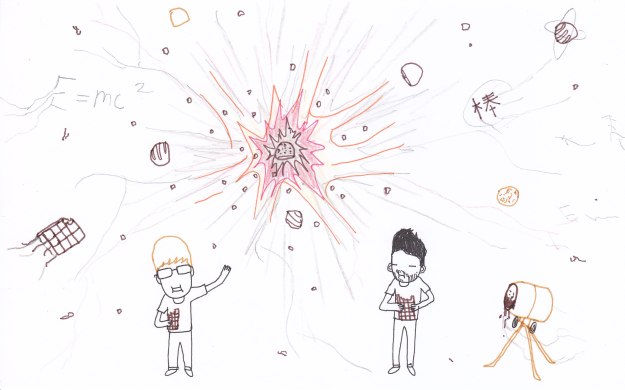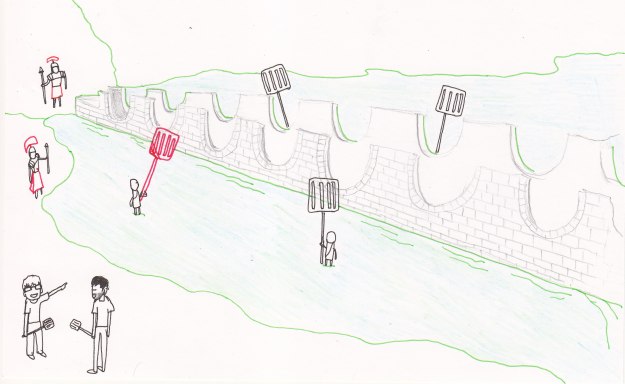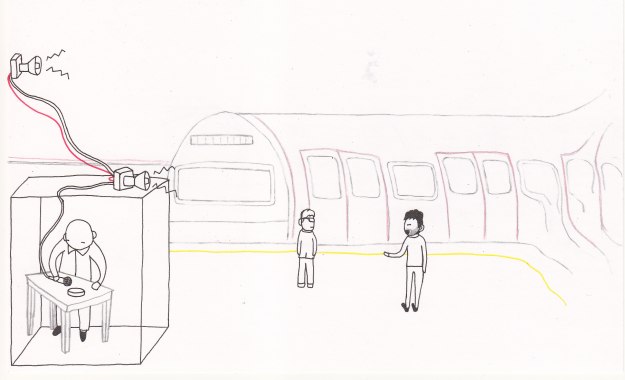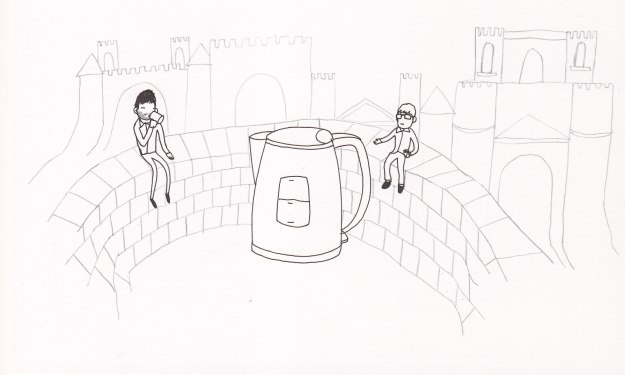Chocolate
It is often believed that chocolate was an early form of cement which a builder accidentally came across when he fell into a cement mixer and had to eat his way out. In fact, chocolate goes back even further to the origins of the universe which were discovered by Chinese astronomers in the 19th century. In Chinese ‘chocolate bar’ is 巧克力棒. The pinyin romanization for 棒 (bar) is bàng. The Big Bang hence in fact means the ‘Big Bar’, a name derived from ancient Chinese astronomers who thought that the origin of the universe came from a massive chocolate bar exploding. Einstein confirmed this belief with his formula and recipe: E=MC², or Excellence = Mass X Cocoa².






